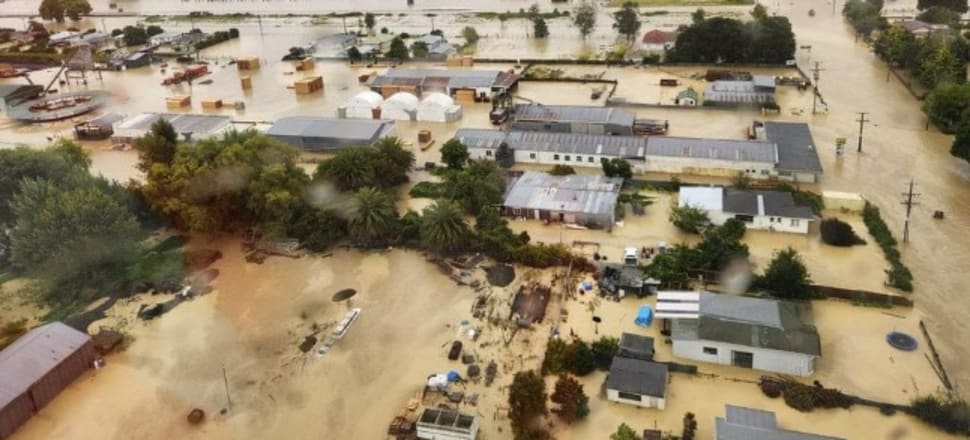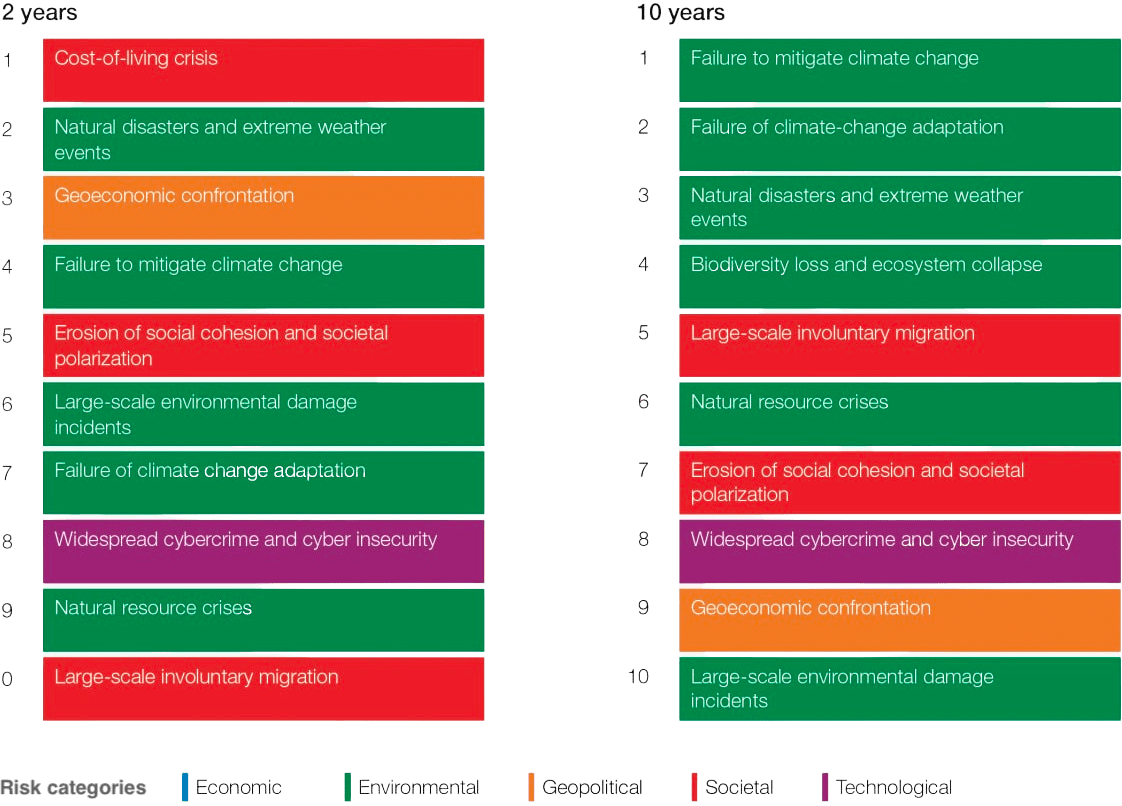
After the recent devastation we risk trying to reclaim what we had rather than aim for a better, more beneficial future. We’ve made that mistake before with the Christchurch earthquakes
Opinion: After great shocks, people, communities, and societies are never quite the same. Hopefully, their future’s better because they’ve learned from the experience. But it can be worse if residual shock discourages and defeats them.
Given our history, I’m confident we’re learning from the two tropical cyclones that have devastated broad swathes of the North Island in recent weeks.
But what if we simply rebuild more durable infrastructure rather than deal with the root causes of the disasters?
I do worry we’ll settle for the first, easier option. We’ll lack the confidence and imagination to rise to the bigger challenge, the true prize of climate sustainability.
Some tell-tale signs are starting to surface. For example, Chris Luxon and Todd Muller – National’s leader and climate spokesperson respectively – say they want to work with the current government on climate adaptation, that is ensuring rebuilt infrastructure can cope as the climate crisis deepens.
READ MORE:
* Fossil fuels hijack climate summit’s upbeat resilience theme
* An urgent step change from fossil to future fuels
* Does Labour have the guts to act on climate?
That’s a good start by National and the Labour-led government. But it is seriously inadequate, and runs grave risks:
* They are not yet talking about climate mitigation, which would require whole-of-society efforts to slash greenhouse gas emissions. Thus, they’ll exacerbate, not ease, the climate crisis.
* They are not yet talking about using land (urban and rural) in ways compatible with the rapidly changing climate. Thus, they’ll allow far too much rebuilding and resumption of use in places highly vulnerable to climate change.
* They are not yet talking of adopting climate-compatible technology and infrastructure such as more permeable built-environments that can better absorb torrential rainfalls and flooding. Concepts such as the ‘sponge’ city, as described in this Newsroom podcast and this BBC article, both of which feature Auckland.
* They’re continuing to ignore ample evidence worldwide that pairing climate mitigation with adaptation spurs economic and social transformations. These in turn, make countries wealthier in every sense of the word. One of many sources of such analysis is Oxford University’s Economics of Sustainability programme, which involves a number of institutes and organisations.
All that can wait, some people will argue. Right now, rescuing people and restoring some semblance of liveability must be top priority. Absolutely. But we must do that work in ways that help us make our future.
If we don’t, we’ll forget some of the lessons we’re learning. We’ll risk trying to reclaim what we had rather than aim for a better, more beneficial future.
We’ve made that mistake before with the Christchurch earthquakes. Even as they were recovering from the disaster, many of its residents contributed avidly to forums, discussions and other initiatives to map out a 21st century future for their city.
But many of their ambitious, creative proposals were rejected or ignored by the Government. Yes, the city is flourishing again. But it looks, feels and works pretty much as it did pre-earthquakes. It is an early 21st century expression of its former self. It is not a global exemplar of a deeply sustainable, hi-tech, nature and climate-compatible 21st century city.
Responding to only immediate needs is a very human condition. We hope we can put off harder, longer-term issues until later. But that is not only a waste of time and effort, it also makes the longer-term issues worse and harder to solve.
This very human response is evident in the 2023 edition of the Global Risks Report from the World Economic Forum. This annual analysis draws on the responses in questionnaires and interviews from some 12,000 leaders in business, government and society around the world.
They were asked to identify global risks two years and 10 years ahead. These were their top 10:
Global risks ranked by severity over the short- and long-term

Note that five of the 10 risks two years out are environmental. As they deepen, they make all the other risks worse, with the likely exception of cyber crime and cyber insecurity. Moreover, 10 years from now six are environmental. Yet progress on them would improve the other factors, again with the likely exception of cyber issues.
Then, when respondents rank risks from a country perspective, their priorities shift to the short term. The chart below captures that for New Zealand and a sample of four other countries.
Our third-place ranking of ‘natural disasters and extreme weather events’ is no comfort. We have a long track record of doing too little, too late on them. Our latest cyclones were extreme but they showed us how much more risky, damaging and dangerous our future is.
Societies can respond constructively to sudden shocks. The best recent example are the countries in the European Union. Confronted by soaring fossil fuel and electricity costs because of Russia’s invasion of Ukraine, they have dramatically accelerated their clean energy revolution. Not only are they surviving this (European) winter better than they dared hope, but they have also fast-forwarded their clean energy transition by a decade, The Economist estimated recently.
Nature hasn’t declared war on us. It is only responding to the climate crisis we’ve caused. Thus, our only solution is to tackle that crisis in both its manifestations – adaptation and mitigation – by learning how to work with nature, not against it.







